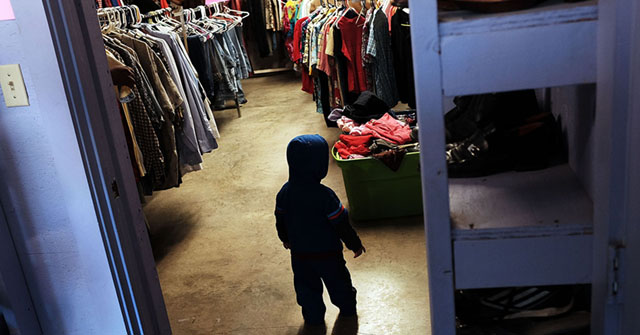Statement by Chairman Pete Peterson on State Of Fiscal Negotiations
“The one positive aspect of the current budget discussions is that both parties have finally acknowledged that we need to reduce our debt by trillions of dollars.
“The dangerous irony is that a refusal to compromise on a deal to reduce the nation’s debt now will only serve to increase our debt. A first-ever Treasury default would not only harm the economy and therefore increase deficits in the short term, but could have lasting interest rate implications over the long term that would force even more fiscal austerity than what is being discussed today. There is nothing that consumers, businesses and the federal government need less in this fragile economy than a several point increase in interest rates.
“To have the biggest short- and long-term impact on our economy, both sides should push for the biggest deal possible, as soon as possible. The best outcome of a deadlocked negotiation will be if both parties make concessions and produce the greatest level of both short- and long- term fiscal sustainability. Americans from all political perspectives will benefit if elected officials from each party come up with the courage to compromise. We need to reach a grand bargain fast to prove to the world that America is back in business.”
About the Peter G. Peterson Foundation
The Peter G. Peterson Foundation is a nonprofit, nonpartisan organization established by Pete Peterson – businessman, philanthropist, and former U.S. Secretary of Commerce. The Foundation is dedicated to increasing public awareness of the nature and urgency of key long-term fiscal challenges threatening America’s future and to accelerating action on them. To address these challenges successfully, we work to bring Americans together to find and implement sensible, long-term solutions that transcend age, party lines and ideological divides in order to achieve real results. To learn more, please visit www.PGPF.org[1].
Fiscal Outlook
Further Reading
Budget Basics: What Is the Child Tax Credit?
The CTC provides assistance to families with children, and while it represents a relatively modest part of overall government spending, it is one of the largest tax expenditures.
Budget Basics: Tax Expenditures
Tax expenditures can come in the form of exclusions, exemptions, deductions, and credits.
What Are the Economic Costs of Child Poverty?
Child poverty is higher in the United States than in other wealthy countries. Studies show that it has quantifiable economic costs.


